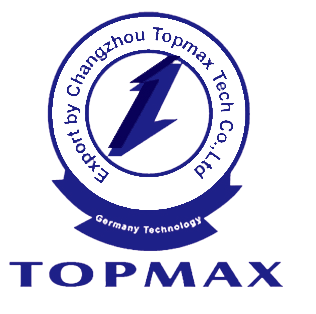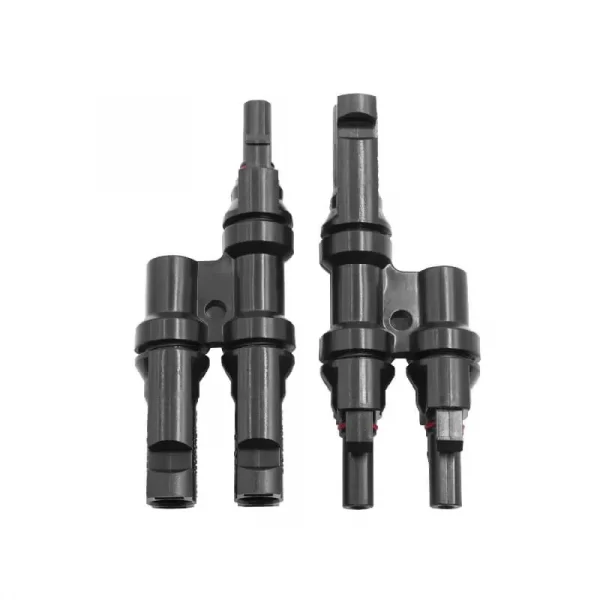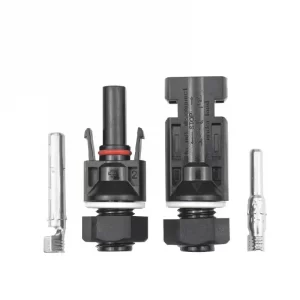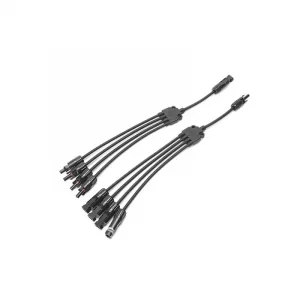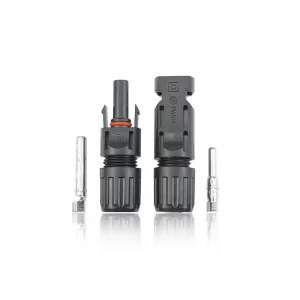描述
solar connections T Branch Connector 2 to 1 Waterproof solar connector
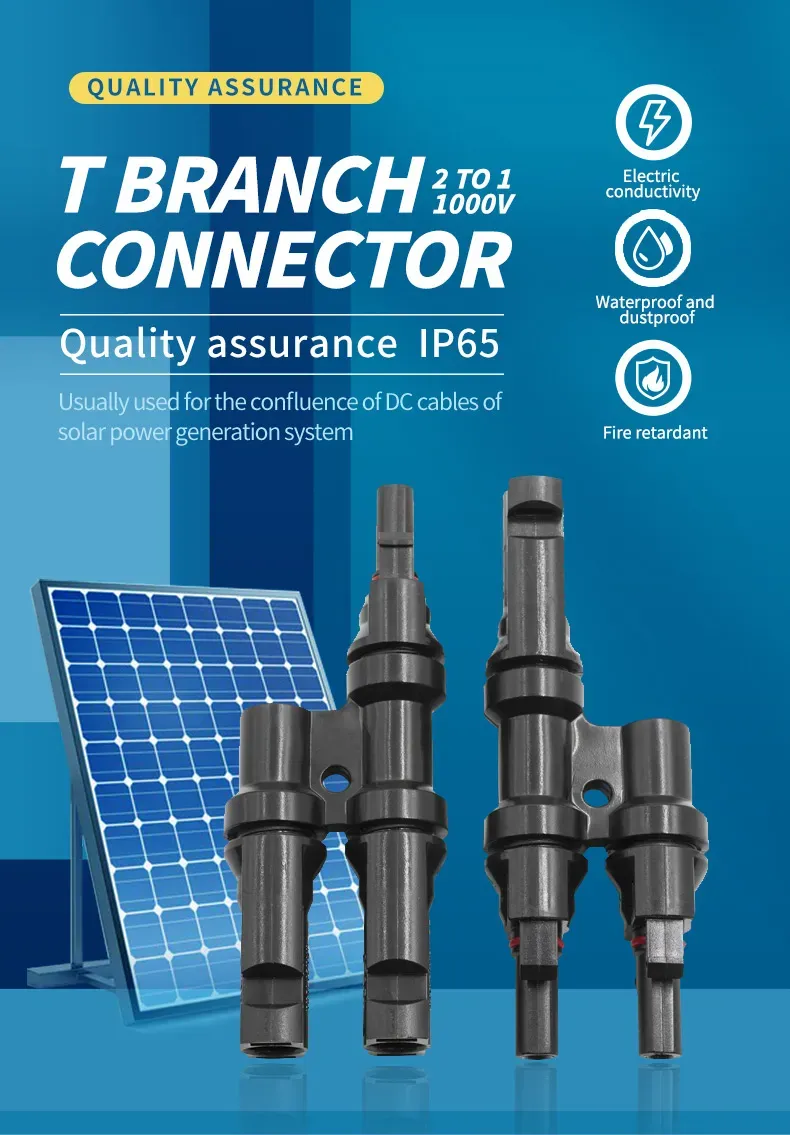
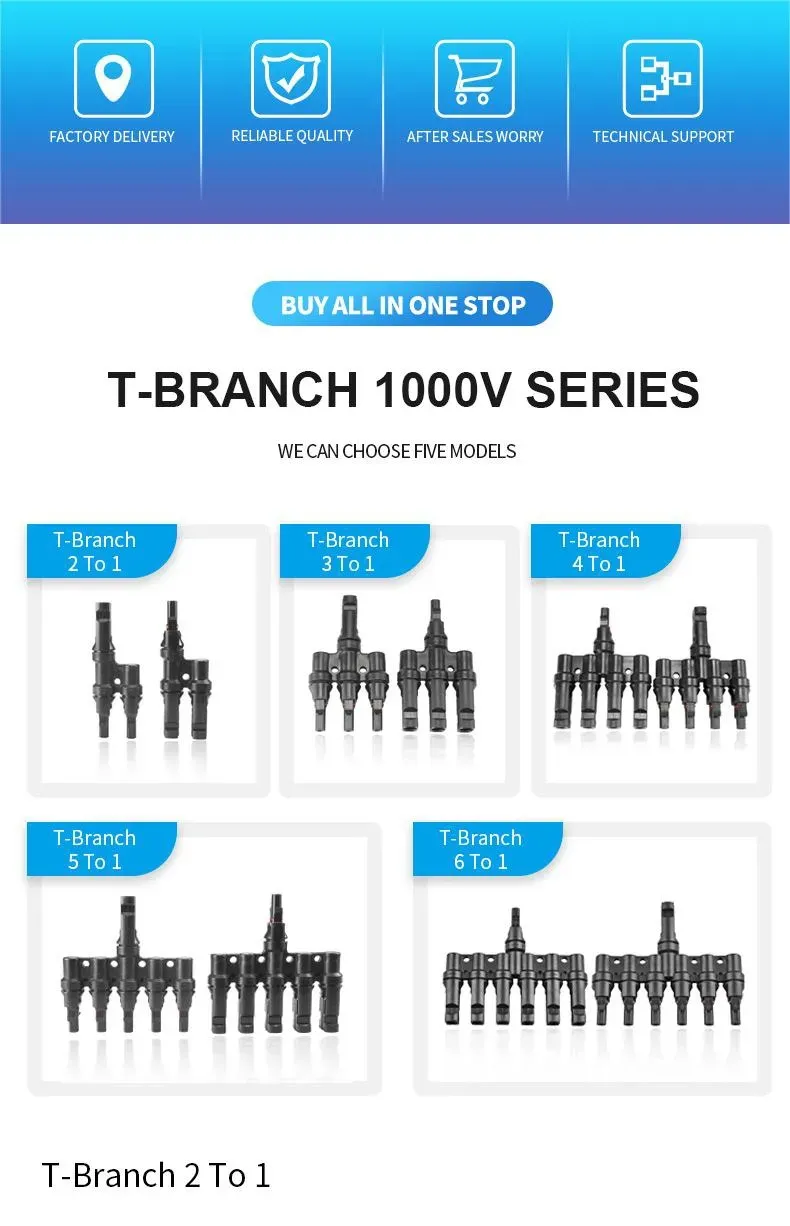
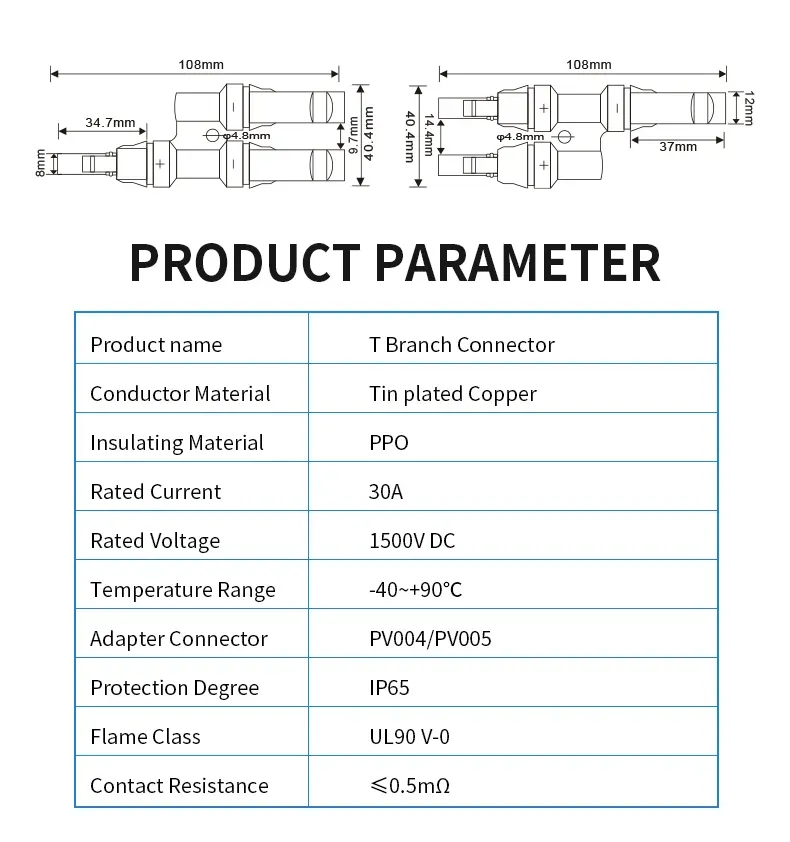
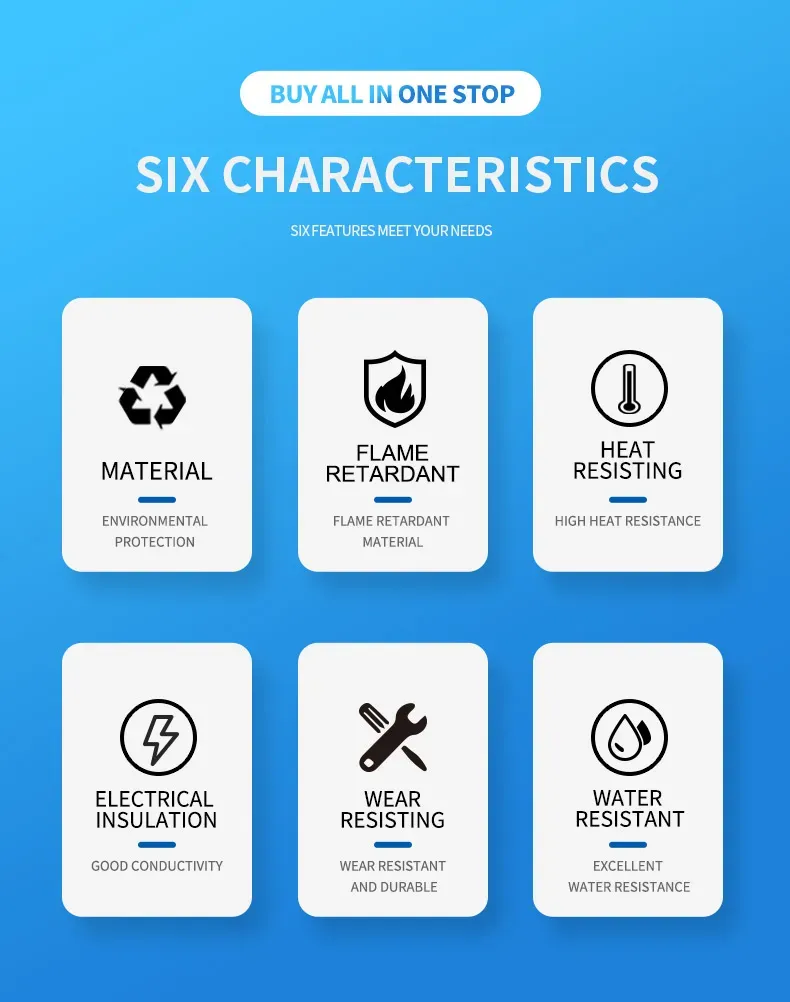
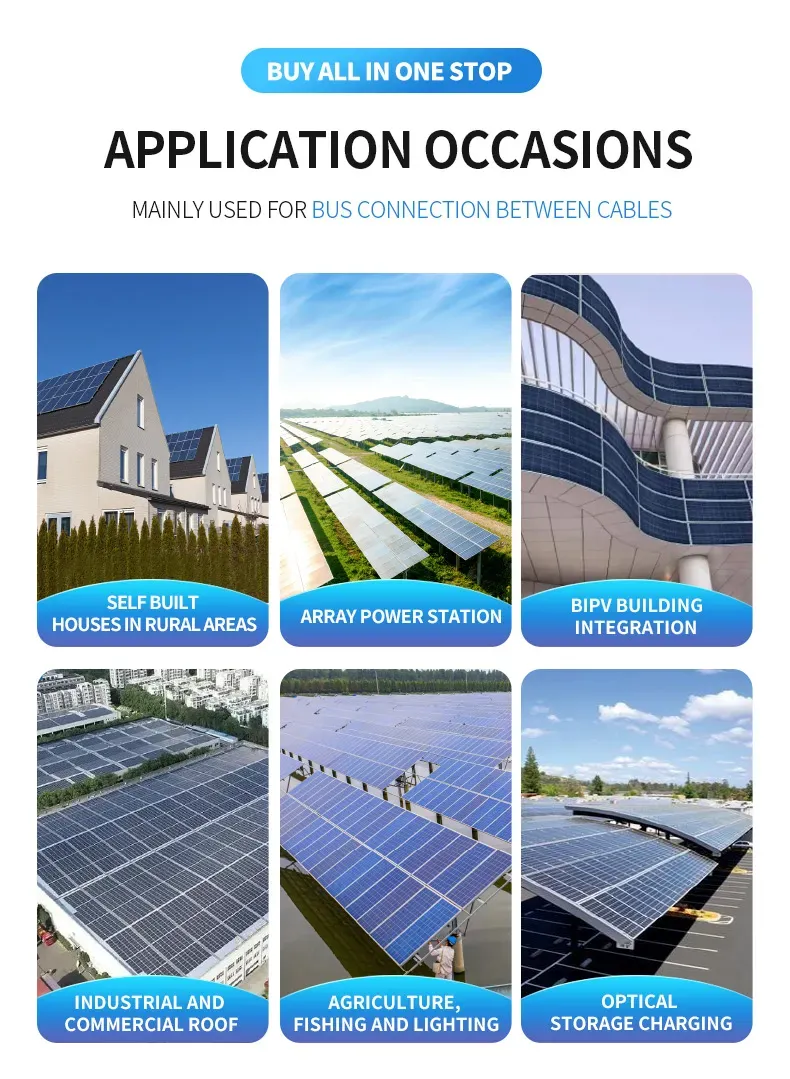
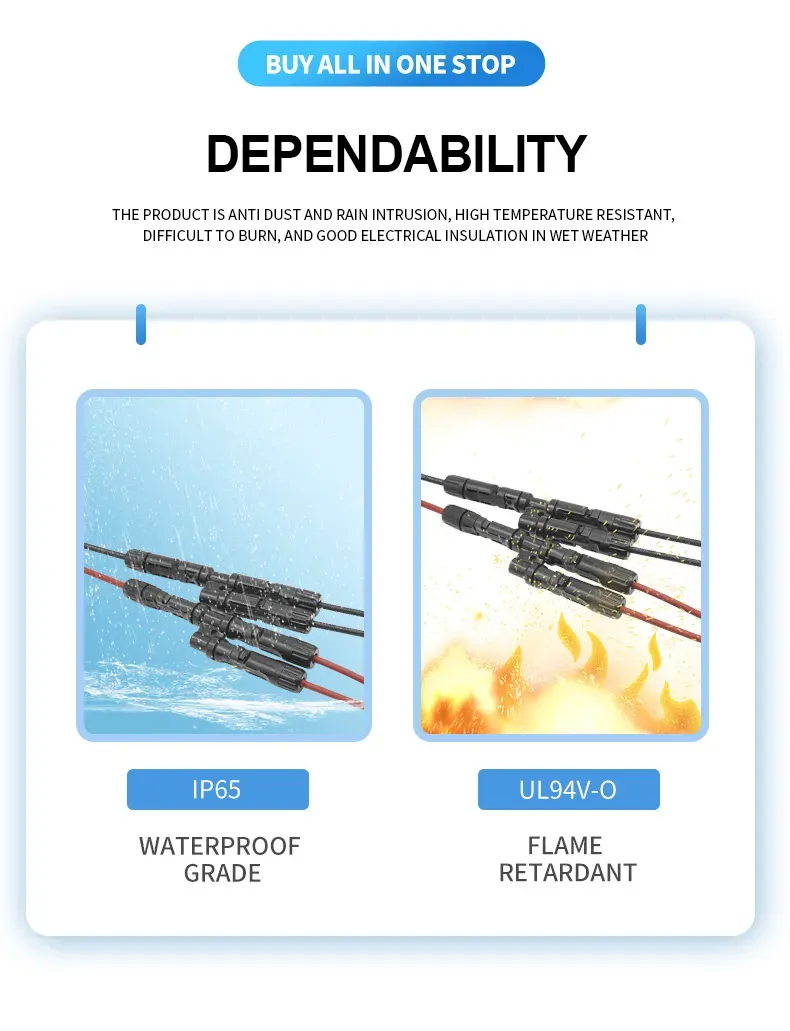
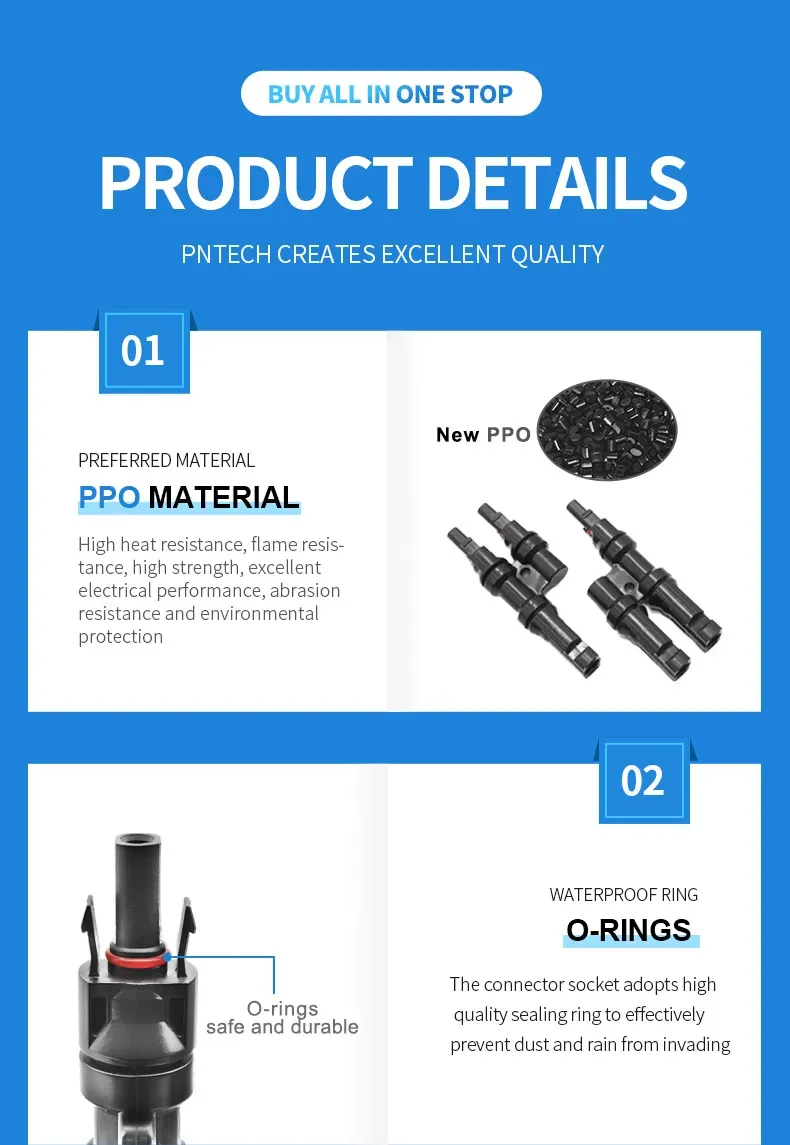
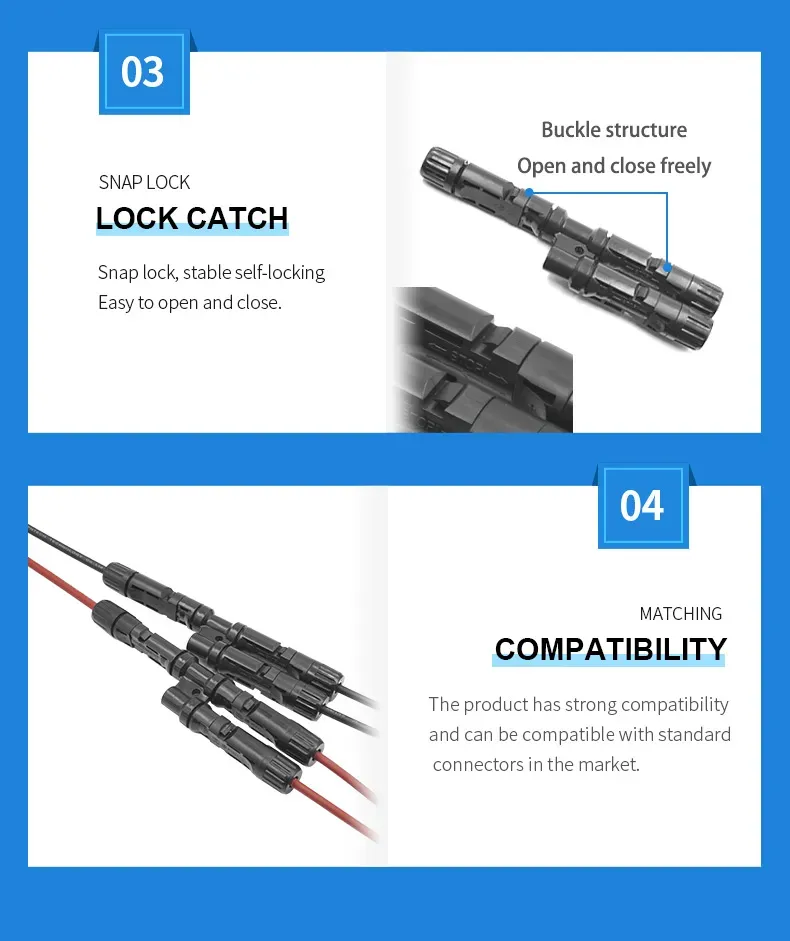
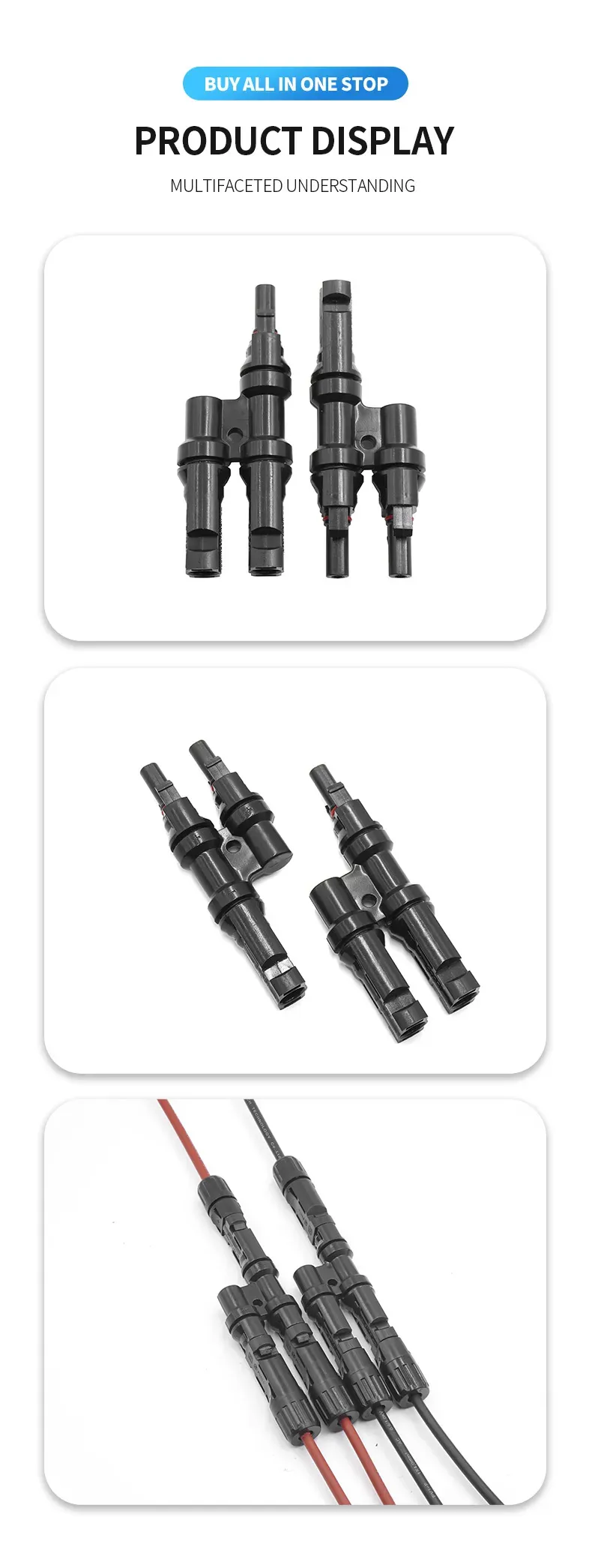
What is a solar connector?
A solar connector, also known as a solar panel connector or photovoltaic connector, is a type of electrical connector specifically designed for connecting solar panels to other solar panels, inverters, charge controllers, or other electrical devices in a solar power system. These connectors are used to transmit the electrical current generated by the solar panels to the rest of the system.
Solar connectors are typically designed to be weatherproof and resistant to UV radiation, as they are exposed to outdoor conditions. They are also designed to be easy to install and disconnect, allowing for quick and efficient maintenance or reconfiguration of the solar power system.
There are different types of solar connectors available, such as MC4 (Multi-Contact 4) connectors, which are widely used in the solar industry. These connectors have a male and female end that can be easily plugged together, creating a secure and reliable connection.
Overall, solar connectors play a crucial role in ensuring the efficient and safe operation of solar power systems by providing a reliable electrical connection between the solar panels and other components of the system.
How can I choose a right solar connector?
Choosing the right solar connector is important for ensuring a reliable and efficient solar power system. Here are some factors to consider when selecting a solar connector:
- Connector Type: There are several types of solar connectors available, such as MC4, MC3, Amphenol H4, and Tyco Solarlok. Research and understand the different connector types to determine which one is compatible with your solar panels and inverters.
- Voltage and Current Rating: Consider the voltage and current rating of the solar connectors. Ensure that the connectors can handle the maximum voltage and current of your solar system to prevent overheating and potential damage.
- Durability: Solar connectors should be durable and able to withstand harsh weather conditions, UV radiation, and moisture. Look for connectors with high-quality materials and IP (Ingress Protection) ratings to ensure long-term reliability.
- Ease of Installation: Choose connectors that are easy to install and provide a secure connection. Some connectors have features like snap-in locking mechanisms or tool-free installation, which can simplify the installation process.
- Compatibility: Ensure that the connectors you choose are compatible with the cables and wiring used in your solar system. Check the specifications of the connectors and cables to ensure they are compatible and can be easily connected.
- Certification: Look for solar connectors that are certified by recognized standards organizations, such as TUV Rheinland or UL. Certification ensures that the connectors meet safety and performance standards.
- Cost: Consider the cost of the connectors, but also balance it with the quality and reliability. Cheaper connectors may not offer the same level of durability and performance as higher-priced options.
It is recommended to consult with a professional solar installer or supplier who can provide guidance based on your specific solar system requirements.
